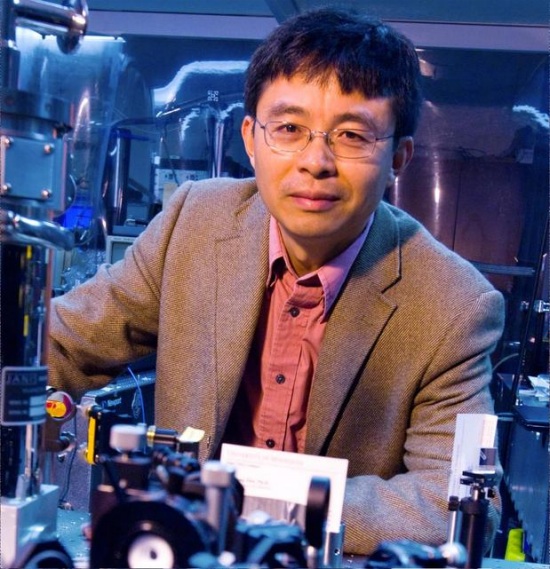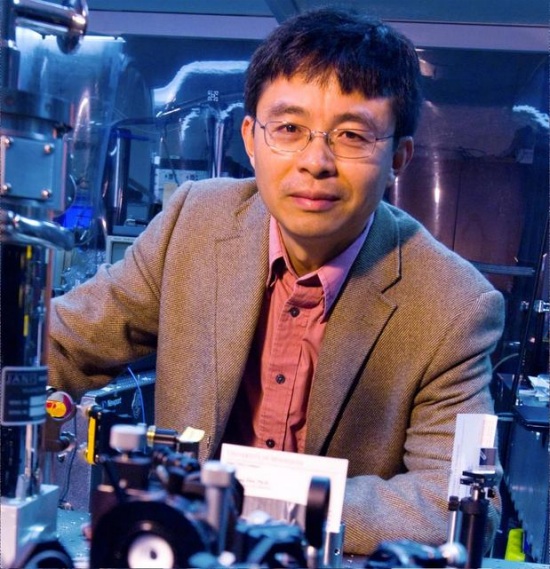
It is a truth often repeated that fundamental physical limits mean solar panels can never capture and transform more than about 31 percent of the sun's energy. But Xiaoyang Zhu at the University of Texas apparently just did the impossible, and in a most spectacular fashion: He found a way to increase the efficiency of solar cells to 66 percent.
Zhu announced a similar result in 2010, but he was only able to achieve theoretical efficiencies that high using concentrated sunlight. His new work outlines a practical way to use panels in a conventional layout to capture the "hot" electrons that are normally too high-energy to be turned into electricity by a panel.
They discovered that a photon produces a dark quantum "shadow state" from which two electrons can then be efficiently captured to generate more energy in the semiconductor pentacene.
Zhu said that exploiting that mechanism could increase solar cell efficiency to 44 percent without the need for focusing a solar beam, which would encourage more widespread use of solar technology.




